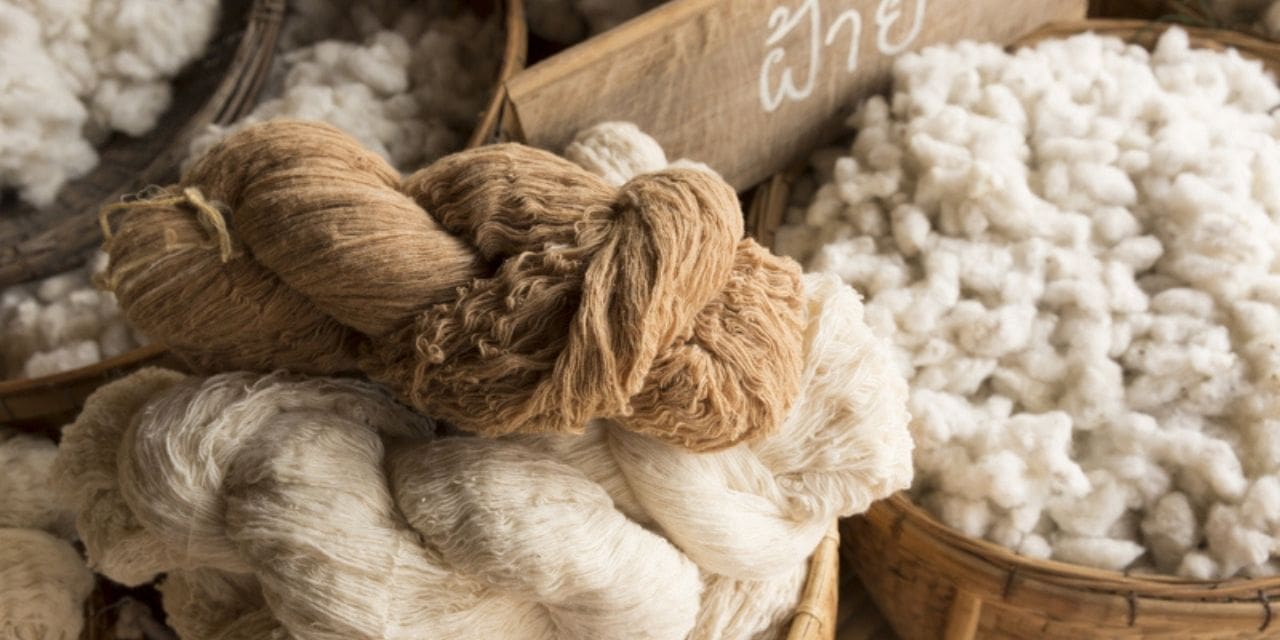By Gopinath Rout
Organic textile products are cultivated without the use of synthetic pesticides, toxic chemicals, or artificial fertilisers. Instead, they thrive in natural climates, utilising seasonal timing and local atmospheric conditions. Various fibres are employed in organic textiles, including hemp, flax (linen), jute, silk, and wool, with organic cotton being the most commonly used in the fashion and textile industries.
One of the significant advantages of organic textile products is their suitability for individuals with skin allergies. Because these products are free from harmful chemicals, they minimise the risk of adverse reactions, making them a safer choice for sensitive skin.
To ensure authenticity, consumers should look for certifications such as the Global Organic Textile Standard (GOTS). This certification verifies whether a product is organic and assesses the ecological and social criteria of the entire textile supply chain through independent certification processes. GOTS is recognized as the leading standard for organic fibre processing worldwide.
As climate variations become more frequent, the demand for organic textile products continues to rise. The growth of organic textiles is heavily influenced by environmental factors such as climate, soil quality, seed variety, and atmospheric conditions, resulting in variations based on geographical location.
The textile industry is the second most polluting sector globally, encompassing clothing, fabrics, bedding, homewares, and personal care products. In this context, organic cotton stands out as a more sustainable alternative to conventional cotton.
Benefits of Organic Cotton
Organic cotton is increasingly recognized for its numerous advantages over standard cotton:
- Sustainability: Organic cotton is more sustainable than conventional cotton, requiring less energy and releasing lower levels of CO2 into the atmosphere.
- Water Conservation: It consumes significantly less water compared to traditional cotton farming practices.
- Wildlife Promotion: The cultivation of organic cotton supports biodiversity and promotes healthier ecosystems.
- Soil Quality: Organic farming practices enhance soil quality, contributing to long-term agricultural sustainability.
- Ethical Production: Organic cotton is often produced under ethical conditions, protecting the health of farmers and promoting fair labour practices.
- Quality of Product: Organic cotton fabrics are less prone to pilling, more breathable, and exhibit less shrinkage compared to their conventional counterparts.
Organic textiles are composed of a high percentage of certified organic natural fibres, which may be derived from plants (like cotton, hemp, or flax) or animals (such as wool or silk). Organic cotton is particularly essential as a raw material for ready-made apparel, making it ideal for those with sensitive or atopic skin.
While organic textile products tend to be more expensive than conventional textiles, their benefits for health and the environment make them a worthwhile investment. Organic cotton is primarily grown in subtropical regions, including India, Turkey, China, and parts of the USA.
The Importance of Organic Textiles for Health and Environment
In today’s fast-paced world, where health concerns are paramount, organic textiles and organic food play a crucial role in promoting a disease-free lifestyle. The potential environmental savings associated with organic cotton production are significant:
- Global Warming: 46% decrease in emissions
- Acidification of Land and Water: 70% decrease
- Over-Fertilization: 26% decrease
- Water Consumption: 91% decrease
- Energy Use: 62% decrease
Organic textiles are known for their comfort, breathability, durability, and natural elasticity. Fibres such as hemp, jute, and linen are widely used in various applications, including carpets, home textiles, and fashionable products.
Though organic textiles may come at a higher price point, their eco-friendliness and benefits for human health—such as comfort, moisture absorption, smoothness, and longevity—make them a compelling choice for consumers seeking sustainable options.
In conclusion, as awareness of environmental issues and health concerns grows, organic textiles are becoming an essential part of a healthier, more sustainable lifestyle.

